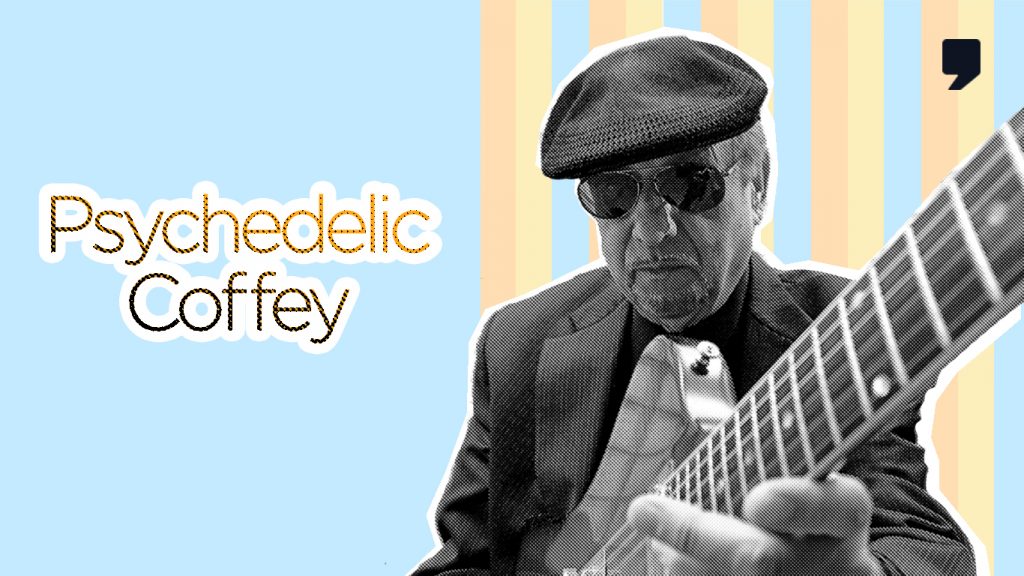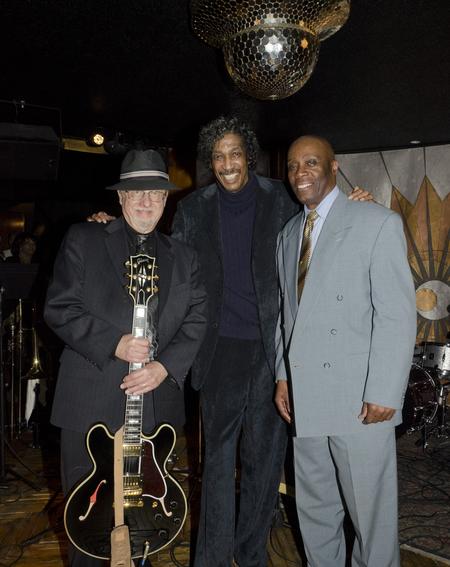Between Takes: Dennis Coffey Brings Psychedelic Flair to Motown
In Episode 007 of Between Takes, guitarist Dennis Coffey discusses his first session as a Funk Brother for The Temptations at Motown Records.

Welcome to Between Takes; where artists and musicians tell stories about what happens behind the scenes.
WDET’s Sam Beaubien has been dedicated to making music in Detroit for 20 years, and this series connects you with the stories he has heard on gigs and at recording sessions.
Get a look into Stevie Wonders audition for Motown Records, sessions with funk master George Clinton, renowned hip-hop producer J Dilla’s first days with a drum machine, and many more stories about what shaped the legacy of this musical city.
Episode 007
The Funk Brothers were a collection of musicians who played on most of the Motown recordings from 1959 through 1972. Because of their significant contributions to these songs, these musicians that were usually behind the scenes started getting recognition. Bassist James Jamerson, guitarist Eddie Willis, Drummer Pistol Allen, and others are now known as important key players in the Motown Sound.
Motown’s success inspired many smaller record labels in Detroit to follow suit and release a number of “Northern soul” tracks. Guitarist Dennis Coffey played on many Northern soul records throughout the 1960s, and on some of those sessions, he performed with and befriended members of the Funk Brothers, included bassists Bob Babbit and James Jamerson. Through this connection, he started recording for Motown Records in the late 1960s and became a member of the Funk Brothers.

While the other guitarists in the Funk Brothers were amazing soul musicians, Dennis had to find a way to bring something different to the table to make himself valuable. The psychedelic movement of the late 1960s had a huge impact on music. Songs mimicked the culture by adding more experimentation and psychedelic sounds, influenced by artists like Jimmy Hendrix, Sun Ra, and Sly Stone. Motown decided to follow this trend, and this gave Dennis Coffey an opportunity. Adding sounds to his guitar like tape echo, reverb, and wah-wah effect pedals, Coffey’s sound was a new and fresh addition to Motown.
Trusted, accurate, up-to-date
WDET is here to keep you informed on essential information, news and resources related to COVID-19.
This is a stressful, insecure time for many. So it’s more important than ever for you, our listeners and readers, who are able to donate to keep supporting WDET’s mission. Please make a gift today.
